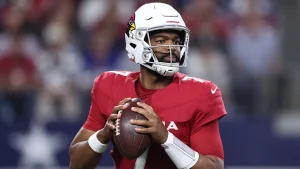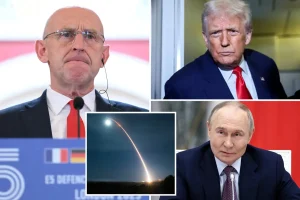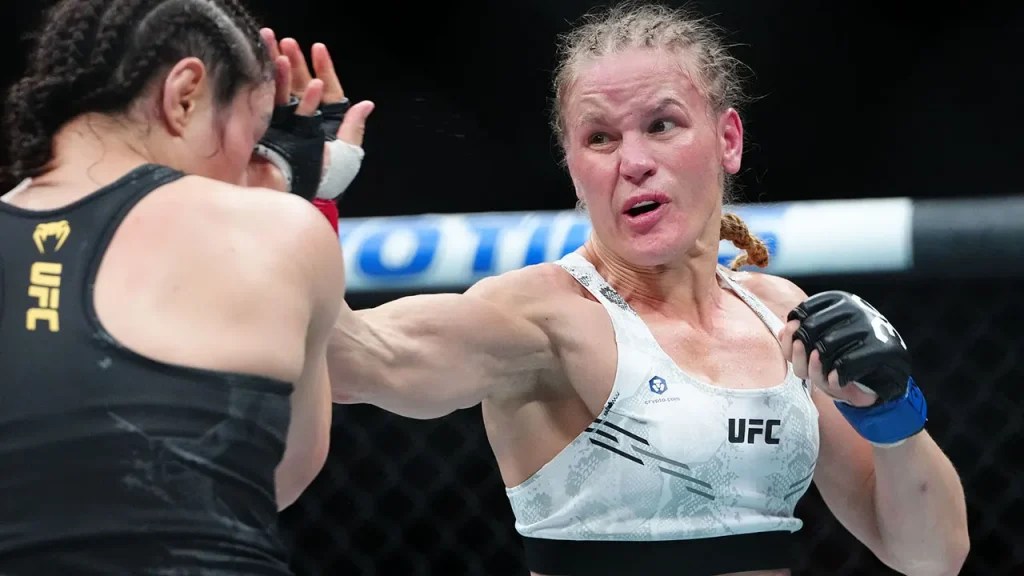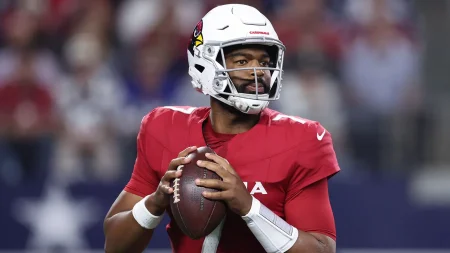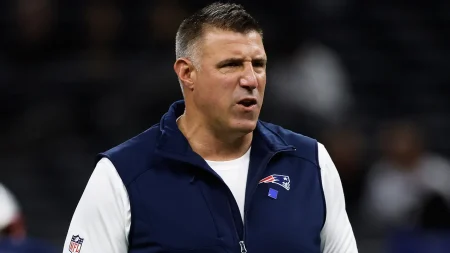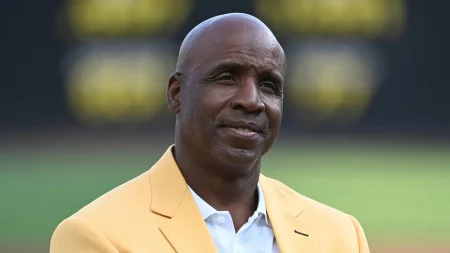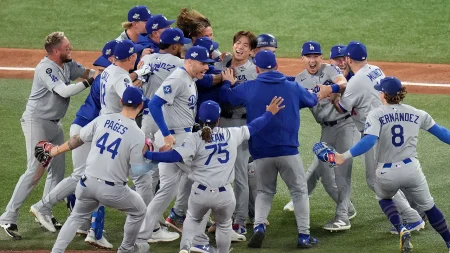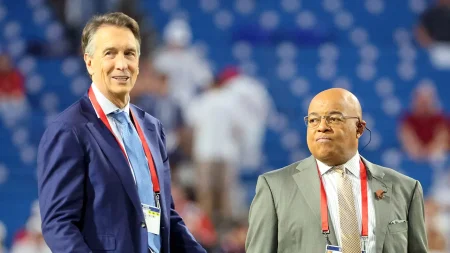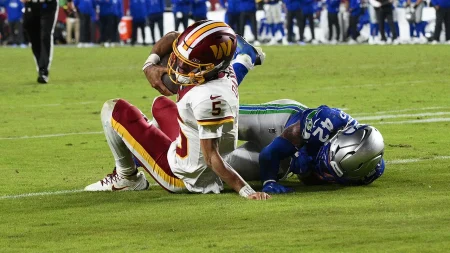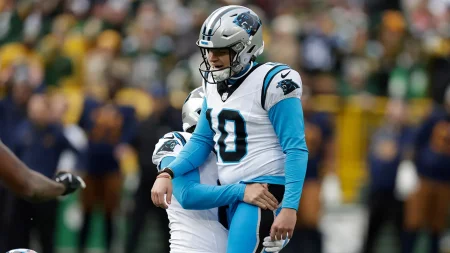Valentina Shevchenko Defends Joe Rogan Following Ronda Rousey’s Criticism
In a recent clash of opinions that has rippled through the MMA community, UFC star Valentina Shevchenko has publicly defended commentator Joe Rogan after former UFC champion Ronda Rousey dismissed his expertise. The exchange began during Rousey’s appearance on Bert Kreischer’s podcast, where she characterized Rogan as merely “a fan with an audience” who “never fought,” adding that his taekwondo background “is not fighting.” This dismissive comment struck a nerve with many in the combat sports world, particularly Shevchenko, who took to social media to express her contrasting view. “I see Joe Rogan as huge expert of Martial Arts, noble man, hunter, sportsman, and good example for youth!” Shevchenko wrote on X (formerly Twitter), offering a strong counterpoint to Rousey’s characterization. The public disagreement has highlighted not only differing perspectives on Rogan’s role in MMA, but also suggests a potentially strained relationship between Rousey and Rogan that may have developed following her dramatic career setbacks.
The context of Rousey’s comments reveals an interesting dynamic in how fighters perceive commentators and analysts in combat sports. During her conversation with comedian Bert Kreischer, Rousey was discussing the possibility of returning to fighting when Kreischer jokingly suggested he might seek Rogan’s advice if he were to hypothetically train against her. This prompted Rousey’s dismissal of Rogan’s expertise, seemingly drawing a hard line between those who have competed at the highest levels and those who observe and analyze from outside the cage. This distinction raises important questions about the nature of expertise in combat sports: must one have competed professionally to offer valuable insights, or can deep study and proximity to the sport create a different but equally valid form of expertise? The debate touches on the broader issue of who gets to claim authority in specialized fields and what constitutes legitimate knowledge in an arena where physical experience seems paramount.
Rousey’s comments may be colored by her personal history with Rogan and the broader MMA media landscape. In previous interviews, she has suggested that Rogan and others “turned on her” following her devastating losses to Holly Holm and Amanda Nunes, which marked the end of her once-dominant UFC career. This perception of betrayal adds emotional complexity to what might otherwise be a straightforward discussion about credentials. Rousey’s journey from Olympic judo bronze medalist to UFC champion to WWE superstar represents one of the most remarkable careers in combat sports history. Her six successful title defenses in the UFC and subsequent Hall of Fame induction in 2018 cemented her legacy as a pioneer who helped bring women’s MMA into the mainstream. Following her UFC career, she achieved significant success in professional wrestling, capturing three women’s championships and a tag team title before departing the company. This multifaceted career gives her observations about the sport considerable weight, even as they may be influenced by personal experiences.
Joe Rogan, for his part, has been a fixture in UFC broadcasting since 1997, long before the sport achieved mainstream acceptance. While he hasn’t competed in professional MMA, Rogan does have a background in taekwondo and has been a practicing martial artist for decades. His podcast, “The Joe Rogan Experience,” has become one of the most influential media platforms in the world, frequently featuring in-depth conversations with top fighters, coaches, and other martial arts experts. Many fighters and fans credit Rogan with deepening their understanding of technical aspects of fighting through his commentary. Rogan’s ability to explain complex techniques to casual viewers has been widely praised, and his enthusiasm for the sport is undeniable. However, Rousey’s critique raises the fair question of whether experience as a spectator and commentator, no matter how informed, can substitute for the embodied knowledge gained through competition at the highest levels.
Shevchenko’s defense of Rogan carries particular weight given her own stellar credentials in the sport. As a multiple-time UFC flyweight champion with a background in Muay Thai, kickboxing, and taekwondo, Shevchenko is widely regarded as one of the most technically skilled fighters in MMA history. Her willingness to publicly support Rogan suggests that many active competitors do value his analysis and contributions to the sport, contrary to Rousey’s dismissal. This disagreement between two of the most accomplished female fighters in history demonstrates the subjective nature of expertise and authority in combat sports. It also highlights the complex relationships between fighters, commentators, and media figures in an ecosystem where careers and reputations can rise and fall based partly on public perception and narrative framing.
The diverging perspectives offered by Rousey and Shevchenko represent more than just a disagreement about one commentator’s credentials—they reflect broader questions about authority, experience, and expertise that resonate far beyond the octagon. For fans and practitioners of martial arts, this exchange offers an opportunity to consider the different forms of knowledge that shape our understanding of combat sports. Whether one values the embodied wisdom of championship-level competition or the analytical perspective of long-time observers and students of the game, both perspectives contribute to the rich tapestry of martial arts discourse. As the sport continues to evolve, these conversations about who can claim expertise and on what basis will undoubtedly continue, shaped by the unique experiences and viewpoints of icons like Rousey and Shevchenko. Meanwhile, Rogan himself remains one of the most influential voices in MMA, regardless of whether every fighter considers him an expert.
